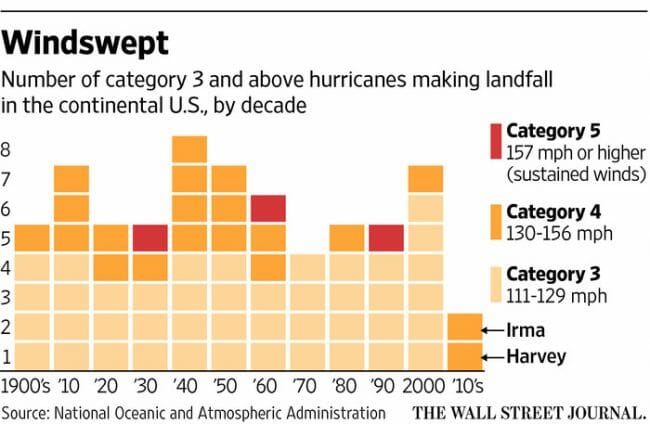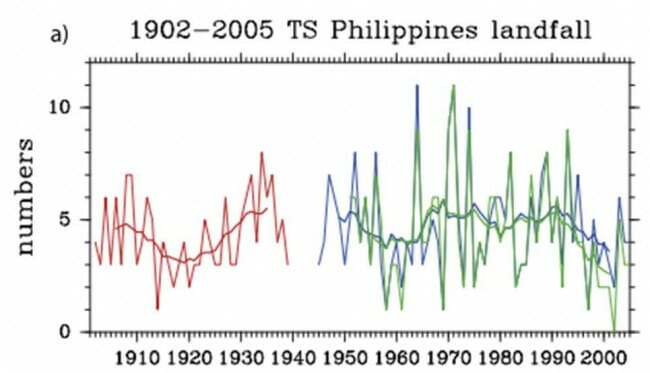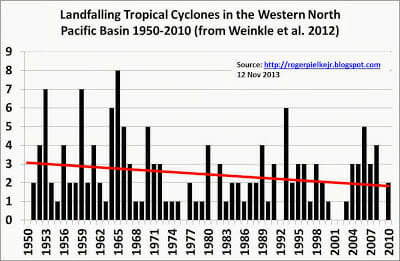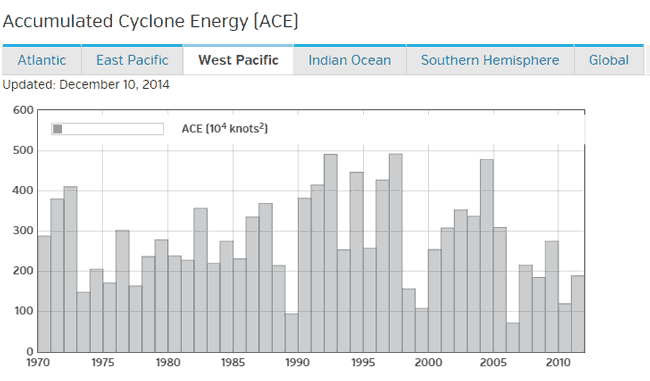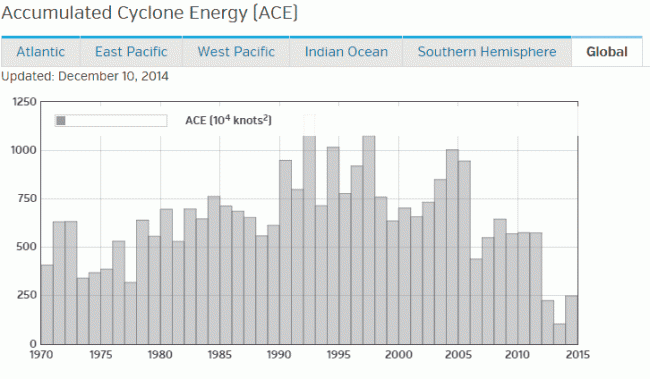The other day, environmental blog the Thin Green Line wrote:
At the American Geophysical Union meeting late last month, University of Miami geologist Shimon Wdowinski argued that the devastating earthquake a year ago may have been caused by a combination of deforestation and hurricanes (H/T Treehugger). Climate change is spurring more, stronger hurricanes, which are fueled by warm ocean waters....
The 2010 disaster stemmed from a vertical slippage, not the horizontal movements that most of the region's quakes entail, supporting the hypothesis that the movement was triggered by an imbalance created when eroded land mass was moved from the mountainous epicenter to the Leogane Delta.
I have heard this theory before, that landslides and other surface changes can trigger earthquakes. Now, I am not expert on geology -- it is one of those subjects that always seems like it would be interesting to me but puts me in a coma as soon as I dive into it. I almost failed a pass-fail geology course in college because in the mineral identification section, all I could think to say was "that's a rock."
However, I do know enough to say with some confidence that surface land changes may have triggered but did not cause the earthquake. Earthquakes come from large releases of stored energy, often between plates and faults. It's remotely possible land surface changes trigger some of these releases, but in general I would presume the releases would happen at some point anyway. (Steven Goddard points out the quake was 13km below the surface, and says "It is amazing that anyone with a scientific background could attempt to blame it on surface conditions.")
The bit I wanted to tackle was the Thin Green Line's statement that "Climate change is spurring more, stronger hurricanes." This is a fascinating statement I want to attack from several angles.
First, at one level it is a mere tautology. If we are getting more hurricanes, then by definition the climate has changed. This is exactly why "global warming" was rebranded into "climate change," because at some level, the climate is always changing.
Second, the statement is part of a fairly interesting debate on whether global warming in general will cause more hurricanes. Certainly hurricanes get their power from warm water in the oceans, so it is not unreasonable to hypothesize that warmer water would lead to more, stronger hurricanes. It turns out the question, as are most all questions in the complex climate, is more complicated than that. It may be hurricanes are driven more by temperature gradients, rather than absolute temperatures, such that a general warming may or may not have an effect on their frequency.
Third, the statement in question, as worded, is demonstrably wrong. If he had said "may someday spur more hurricanes," he might have been OK, but he said that climate change, and by that he means global warming, is spurring more hurricanes right now.
Here is what is actually happening (paragraph breaks added)
2010 is in the books: Global Tropical Cyclone Accumulated Cyclone Energy [ACE] remains lowest in at least three decades, and expected to decrease even further... For the calendar year 2010, a total of 46 tropical cyclones of tropical storm force developed in the Northern Hemisphere, the fewest since 1977. Of those 46, 26 attained hurricane strength (> 64 knots) and 13 became major hurricanes (> 96 knots).
Even with the expected active 2010 North Atlantic hurricane season, which accounts on average for about 1/5 of global annual hurricane output, the rest of the global tropics has been historically quiet. For the calendar-year 2010, there were 66-tropical cyclones globally, the fewest in the reliable record (since at least 1970) The Western North Pacific in 2010 had 8-Typhoons, the fewest in at least 65-years of records. Closer to the US mainland, the Eastern North Pacific off the coast of Mexico out to Hawaii uncorked a grand total of 8 tropical storms of which 3 became hurricanes, the fewest number of hurricanes since at least 1970.
Global, Northern Hemisphere, and Southern Hemisphere Tropical Cyclone Accumulated Energy (ACE) remain at decades-low levels.
The source link has more, and graphs of ACE over the last several decades (ACE is a sort of integral, combining the time-average-strength of all hurricanes during the year. This is a better metric than mere counts and certainly better than landfall or property damage metrics).
So, normally I would argue with alarmists that correlation is not causation. There is no point in arguing about causation, though, because the event he claims to have happened (more and stronger hurricanes) did not even happen. The only way he could possibly argue it (though I am pretty sure he has never actually looked at the hurricane data and simply works from conventional wisdom in the global warming echo chamber) is to say that yes, 2010 was 40-year low in hurricanes, but it would have been even lower had it not been for global warming. This is the Obama stimulus logic, and is just as unsupportable here as it was in that context.
Postscript: By the way, 2010 was probably the second warmest year in the last 30-40 years and likely one of the 5-10 warmest in the last century, so if warming was going to be a direct cause of hurricanes, it would have been in 2010. And yes, El Ninos and La Ninas and such make it all more complicated. Exactly. See this post.
